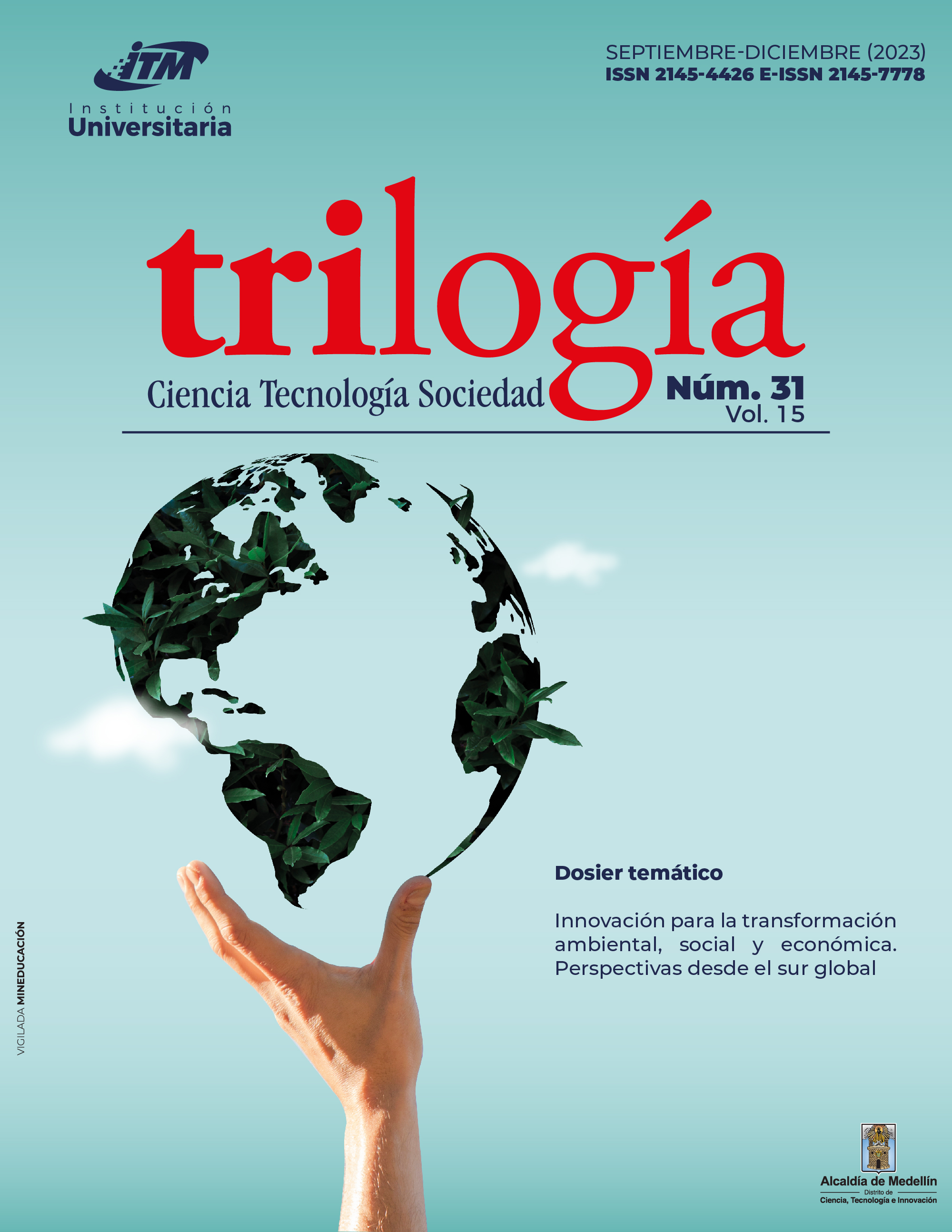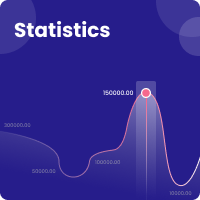Experiential Characterization of Achira Leaf: An Exploratory Approach from an Industrial Design Perspective
Abstract
This article presents the results of a workshop on experiential characterization of natural leaves that adopted an approach taken from industrial design. This workshop aimed to integrate, in a single academic setting, the understanding of materials and a contextual inquiry regarding the use of natural leaves in order to generate an experience that transcends the usual technical understanding of materials. The methodology adopted in this study was qualitative and exploratory, and it addressed four levels of characterization: sensory, interpretive, affective, and performative. Said workshop was carried out with a group of 14 college students from the Design Department of the Universidad de Nariño (Pasto, Colombia). The results were focused on the achira leaf due to its versatility and common use in the local context. The findings reveal a wide range of perceptions and characterizations of this leaf by the participants on each one of the levels explored here—ranging from appreciating its aesthetic beauty to attributing personal symbolic meanings to it. The conclusions highlight the importance of creating spaces that allow for a holistic understanding of natural materials, such as leaves and their potential application in design. They also emphasize the need to adopt a multidimensional approach to raw materials, prioritizing their environmental and cultural impact.
References
Agamez, C., y Pinto, H. (2022). Envueltos de plátano, yuca y maíz en las cocinas tradicionales de Colombia (4.a ed.). AMM, Hammbre de Cultura.
Alarcón Castro, J., Rognoli, V., y Llorens Vargas, A. (2020). Diseñar para un escenario social incierto. El valor del enfoque materiales do-it-yourself y economía circular. Interciencia, 45(6), 279-285. https://www.redalyc.org/articulo.oa?id=33963459005
Ángel-Bravo, R. (2021). The Banana Leaf Approach: An Appreciation of Utilitarian Handcrafted Artifacts in the American Context. Sociedad y Economía, (42), e10248. https://doi.org/10.25100/sye.v0i42.10248
Ascuntar-Rivera, M. C., Valbuena-Buitrago, W. S., y Ayala-Gallardo, F. R. (2023). Materiales Do it Yourself DiY: exploraciones emergentes sobre las cualidades expresivo-sensorio-emocionales. Arte, Individuo y Sociedad, 35(1), 139-156. https://doi.org/10.5209/aris.81187
Camera, S., y Karana, E. (2018). Experiential Characterization of Materials: toward a toolkit. En Design Research Society 2018. Catalyst (pp. 1685-1705). https://doi.org/10.21606/drs.2018.508
De Francisco Vela, S., y Ayala-Garcia, C. (2020). Émotions à la carte: Exploring emotional paradoxes through edible DIY-Materials for product design. International Journal of Food Design, 4(2), 139-153. https://doi.org/10.1386/ijfd_00002_1
Denzin, N. K., y Lincoln, Y. S. (eds.). (2017). The SAGE Handbook of Qualitative Research (5.a ed.). SAGE.
Díaz Piedrahita, S. (2012). Las hojas de las plantas como envoltura de alimentos (2.a ed.). Ministerio de Cultura.
Estrada Ochoa, J. (2020). Origami criollo. Sabor y belleza de la cocina en hoja. Boletín Cultural y Bibliográfico, 54(98), 32-43. https://publicaciones.banrepcultural.org/index.php/boletin_cultural/article/view/20976
Hernández Sampieri, R., Fernández Collado, C., y Baptista Lucio, M. P. (2014). Metodología de la investigación (6.a ed.). McGraw-Hill.
Karana, E., Pedgley, O., y Rognoli, V. (2015). On Materials Experience. Design Issues, 31(3), 16-27. https://doi.org/10.1162/DESI_a_00335
Maderas Nativas Chile. (s.f.). Caracterización experiencial desde los métodos del Diseño Emocional. Las maderas nativas de Chile como material para el Diseño. https://maderanativachile.cl/
Manzini, E. (1993). La materia de la invención: materiales y proyectos. Ediciones CEAC.
Martín Juez, F. (2002). Contribuciones para una antropología del diseño. Gedisa Editorial.
Norman, D. A. (2005). El diseño emocional: Por qué nos gustan (o no) los objetos cotidianos. Ediciones Paidós Ibérica.
Oxman, N. (2010). Material-based Design Computation [Tesis doctoral, Massachusetts Institute of Technology]. https://core.ac.uk/download/pdf/4423487.pdf
Rognoli, V., Bianchini, M., Maffei, S., y Karana, E. (2015). DIY materials. Materials & Design, 86, 692-702. https://doi.org/10.1016/j.matdes.2015.07.020
Torreblanca, D. A. (2020). Caracterización experiencial de texturas bioinspiradas para el diseño de productos. En Intersecciones. III Congreso Interdisciplinario de Investigación en Arquitectura, Diseño, Ciudad y Territorio, Santiago, 2018 (pp. 208-217). Ediciones ARQ.
Veelaert, L., Du Bois, E., Moons, I., y Karana, E. (2020). Experiential characterization of materials in product design: A literature review. Materials & Design, 190, 108543. https://doi.org/10.1016/j.matdes.2020.108543
Veelaert, L., Moons, I., Rohaert, S., y Du Bois, E. (2019). A Neutral Form for Experiential Material Characterisation. En Proceedings of the Design Society: International Conference on Engineering Design (pp. 1743-1752). Cambridge University Press. https://doi.org/10.1017/dsi.2019.180
Downloads
Copyright (c) 2023 Carlos Esteban Caicedo Moncayo, María Cristina Ascuntar-Rivera

This work is licensed under a Creative Commons Attribution-NonCommercial-ShareAlike 4.0 International License.
Altmetric










